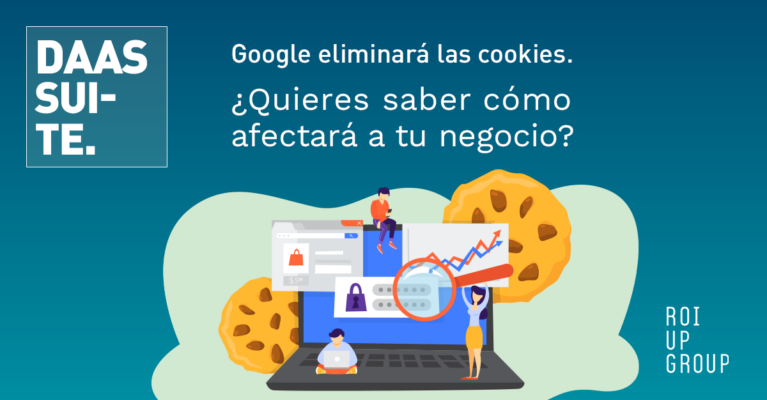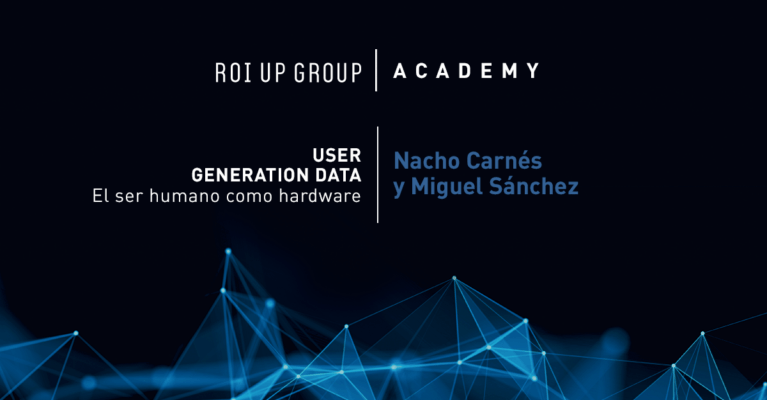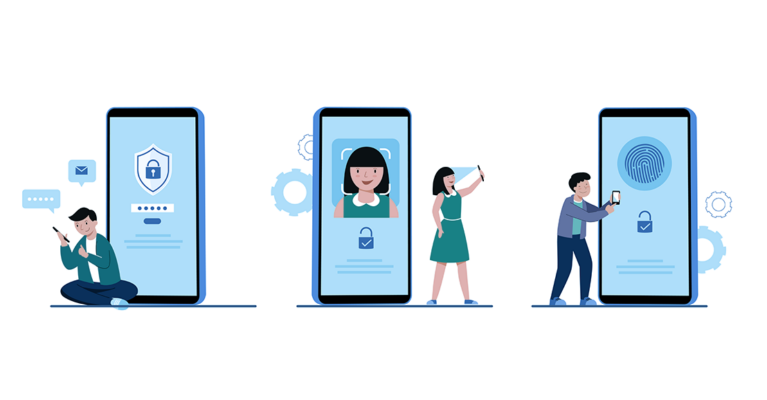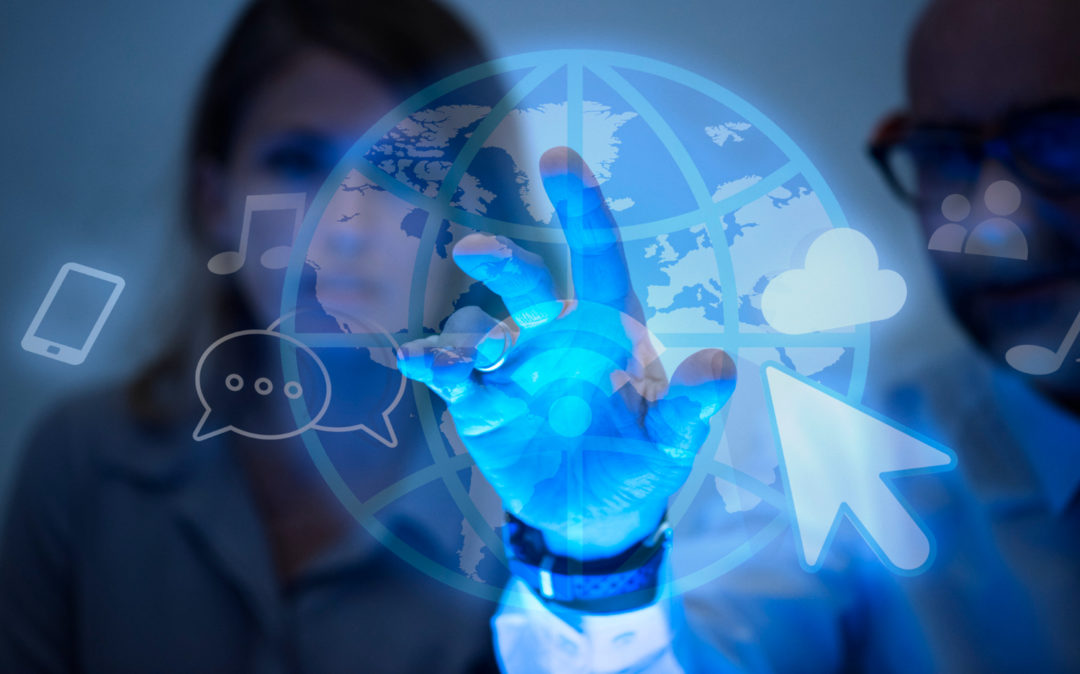
If you have heard about web 3.0 but are not clear about what it implies or how it differs from the Internet as we know it today, this is of interest to you. As we mentioned in META: the next era of the Internet, any company and/or brand that does not want to be left behind must be up to date with Web 3.0 technology.
What is Web 2.0?
Before getting into the subject, a bit of context. We are currently in the era of Web 2.0, also known as the Social Web (the second version of the World Wide Web) and based on the connection between people that allows interaction, something that was not possible in the previous version.
In Web 2.0, the user gains much prominence with the emergence of forums and blogs and, a little later, with the interruption of social networks that have made it possible that, in addition to accessing and reading content, the user can generate and share it with other users. A big step that has meant that the Internet has become a bidirectional and collaborative environment.
Although Web 2.0 is still under development, there has been talk for years about what Web 3.0 will be like and there are even companies working on it. Do you want to know what changes it introduces and how this new web will work? Read on.

What is Web 3.0?
Web 3.0 (or Semantic Web) aims to automatically and accurately filter information and create more connected and open websites. In this web, all data will be connected and machines will process information in the same way as humans do, but faster. In other words, machines and humans will work hand in hand to make it easier for users to access the content they really need.
Web 3.0 will be characterized by being more intelligent, thanks to the way data is processed, and also by improving the user experience. Thus, some of the advantages it will introduce are:
- Decentralization: users will be able to carry out transactions among themselves without the need for intermediaries and control entities.
- Democratization: linked to the concept of decentralization, it is based on the idea that any user will be able to be the “owner” of the information as opposed to the dominant control currently held by large corporations.
Moreover, hand in hand with democratization and decentralization will come non-censorship and the end of restrictions.
- Transparency: the data will be completely public and freely accessible.
- Personalization: the web will know what our preferences are and this will allow the user’s navigation to be more personalized and efficient.
- Greater privacy: by not having to provide a real identity and being able to navigate anonymously, the user will enjoy greater privacy.
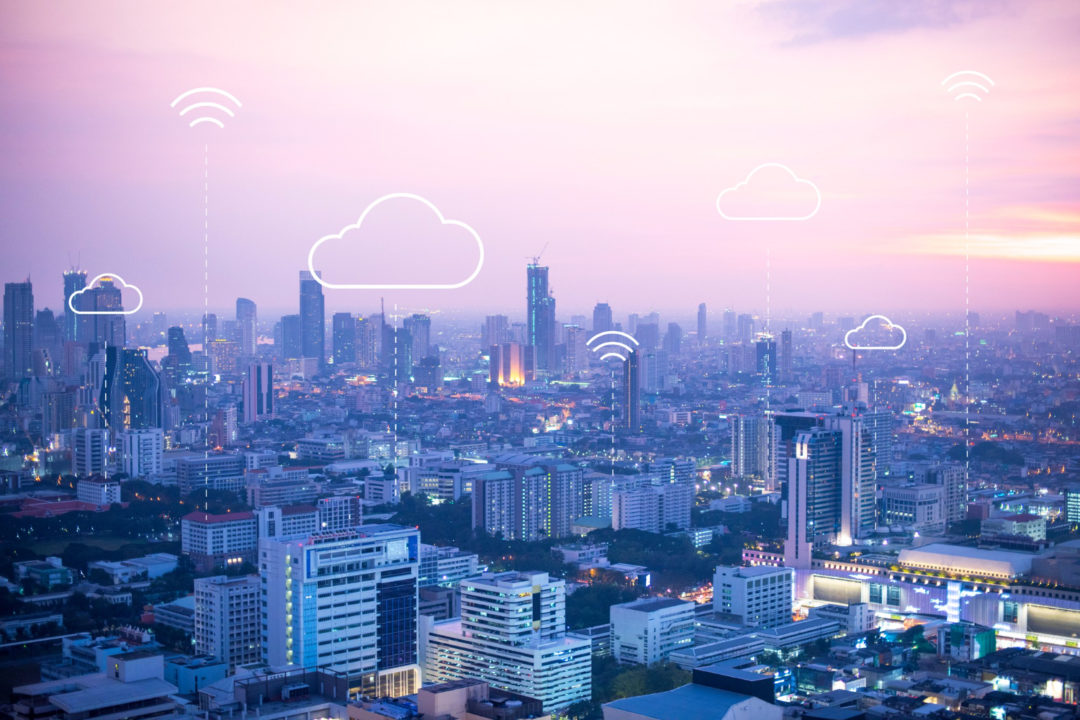
The impact of web 3.0
To fully understand the impact and changes that Web 3.0 will bring, we need to go deeper into some key concepts:
- Data web: the implementation of Web 3.0 or the Semantic web involves standardizing the language of the information that is currently being published in different formats. Thus, the Data web will make it possible to integrate all these data and structure them in such a way that they are as accessible and linkable as a web page.
With Web 3.0, the Internet will become a large database, larger than it already is, so access to and management of this data will become particularly important. The aim is that if two people search the Internet for a service using the same keywords, they will receive different results according to their personal profiles.
- Artificial Intelligence (AI): considered the word of the year 2022 according to FundéuRAE (Fundación del Español Urgente), it is defined in the same RAE as “the scientific discipline that deals with creating computer programs that perform operations comparable to those performed by the human mind, such as learning or logical reasoning”. In other words, it is a machine that, as it gathers information and learns, is capable of solving problems or processing natural language as a human would.Siri (Apple) or Alexa (Amazon) are two voice assistants and two examples of technology 3.0 based on artificial intelligence.
- Blockchain technology : this technology allows a collective record of information that can only be altered and updated by a specific network of computers, which would be considered its “blockchain”. The blockchain allows, on the one hand, to eliminate intermediaries and, on the other hand, to store transactions securely since the data in a blockchain cannot be copied. Within Web 3.0, this technology will allow decentralization of customer data and total security and protection from hackers.
If you have come this far and still want to know more, we leave you some examples of Web 3.0 for further research: Gnoss, Flipboard, Swoogle or Sapien.
List of publications Data and Reporting
- Web 3.0: What is it and what will be its impact?
- iOS 14: the beginning of a paradigm shift in digital advertising measurement
- User generation data: the human being as hardware
- Goodbye cookies, hello people
- Business Intelligence
- Dashboarding
- Tracking websites for advertising platforms
- Metrics configuration and implementation
- Audit measurement
- Measurement model consulting

